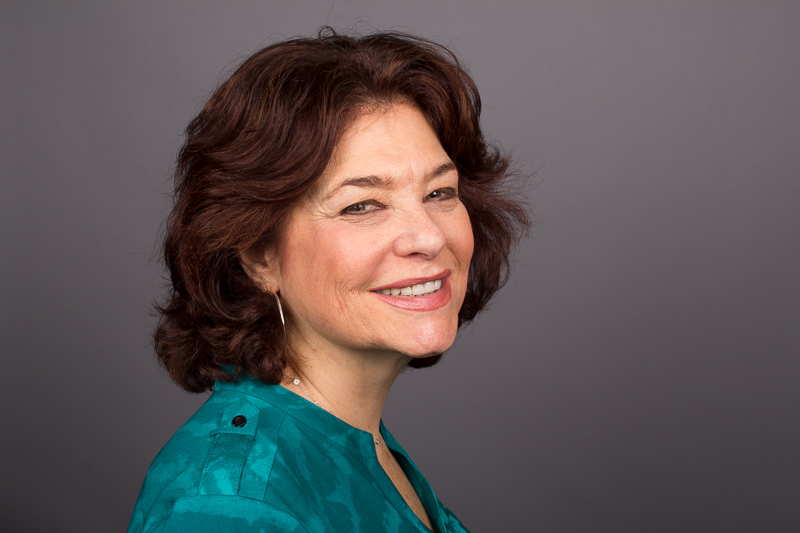When it comes to the topic of the COVID-19 vaccine, there are many questions. The primary concern is that, even once a vaccine is approved for nationwide distribution in the U.S., it will most likely be in short supply and not everyone will have access to it right away.
The CDC’s Advisory Committee on Immunization Practices has developed a five-tier plan for vaccine distribution. The most vital healthcare and other workers who are high risk medical, national security and other essential workers (12 million) are first in line, or top tier. Tiers two and three (110 million) are comprised of other healthcare and essential workers, those who are age 65+ in long-term care facilities or those with high risk conditions for developing critical COVID. The last two tiers are the 206 million remaining individuals in the general population. This is just one plan, but it leaves many unanswered questions about prioritization concerning other at-risk populations involving race or ethnicity, those with less access to healthcare, the poor, homeless, teachers, pregnant women, etc.
It will take many meetings and papers between the CDC, NIH, global health groups and politicians to decide who will be the first of the world’s nearly 8 billion people, to receive the highly anticipated COVID-19 vaccine.
What we may have a better grasp on in the near term is who will be more likely or more willing to get the vaccine once it is approved and available. For insight into this question we looked at Kantar’s 2020 MARS Consumer Health Study.
Before even looking at any data, it would be reasonable to assume, based on previous behavior around vaccinations, that older populations (i.e., Baby Boomers and Silent Generation) are the most apt to get vaccinated as soon as it's made available. Not only are they in one of the top tiers slated for receiving the vaccine but these populations are more inclined and used to getting inoculated for the flu, shingles and pneumonia.
An Emory University study on asymptomatic spreading of COVID-19 and age-specific infectivity in Georgia suggests that infected children and younger adults (under age 60) may be overall 2.4 times more transmissible than infected elderly patients, and may be the main driver of super-spreading.
Therefore, for this analysis of the 2020 MARS Study, we focused on Millennials, a generation born between 1981 and 1996, or between the ages of 24 to 39. Are they concerned about and willing to be vaccinated for the virus that has touched over 6 million Americans in 6 months? If pre-COVID-19 actions and opinions around vaccinations are any indication, the answer is maybe.
Among the younger generations, Millennials are the most educated and they’re more likely to be self-employed (nearly 2 in 5 self-employed adults are in this generation). With a median age of 31.5, over half of them are parents. Would having children influence their decision, based on a desire to protect their kids from the virus? Possibly, but this is a group that prefers holistic/alternative approaches to standard medical practices. They are more prone to look into alternative treatments after receiving an Rx from their doctor. So, are they less likely to get vaccinated? Not necessarily.
Over a third of all Millennials say, “I am first among my peers to investigate vaccines that are recommended but not required.” Compared with all adults, Millennials are 30% more likely to agree with this statement. Millennials who are parents are 53% more likely than all adults and 11% more likely than all parents to agree with the above statement.
What’s interesting about this group, is that they are involved in exploring health and are very likely to research health issues, ailments, medications and treatments. Millennial parents are nearly 60% more likely than the total population to trust the pharmaceutical companies that advertise the prescription they take and 62% more likely to say that health and wellness advertising on the internet is trustworthy. These individuals use and trust the internet for health information.
When the time comes for the roll-out of a coronavirus vaccine to the general population, the Millennials will have done their research. This is an opportunity for the healthcare community to educate all populations but especially the Millennials. The biggest barrier to getting vaccinated is Millennials dislike needles too much to consider a drug treatment that uses injections…but maybe this pandemic will change their minds.
If you’re interested in how all the generational segments, from Gen Z to the Silent Generation, behave and feel towards vaccinations, please fill out the form below.

